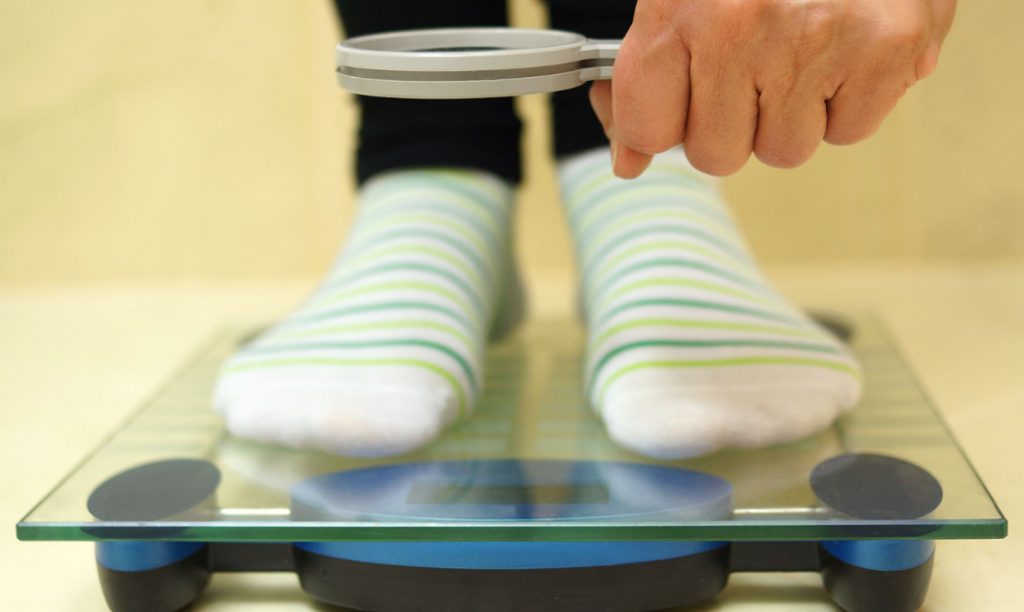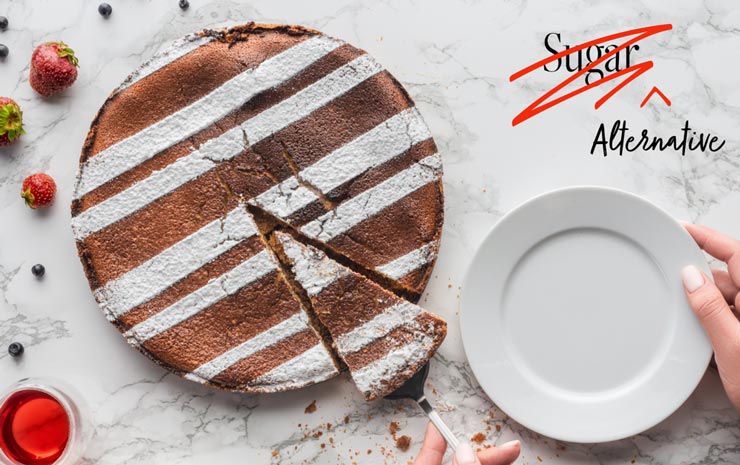If sugar is your dietary weakness, then quitting refined sugar altogether can be tough, even when you don’t have a sweet tooth.
Nearly all food products contain added sugar. All processed food to aerated drinks, snacks and savouries contains some quantity of sugar.
Considering added sugar is one of the greatest threats to health, it’s worth the effort to reduce sugar consumption.
One of the easiest ways to cut down on your sugar intake is switching to alternative sweeteners. Luckily, we have a wide range of both natural and artificial sugar substitutes and sweeteners.
How does added sugar affect your health?

Added sugar contributes to calories, but not nutrients. While consuming a moderate amount of sugar is not very harmful, too much added sugar puts you in heightened risk for a myriad of health issues.
It increases your risk for cardiovascular disease, weight gain, tooth decay, poor food nutrition, excess fats in blood and is associated with a higher risk for developing ache.
Consuming too much added sugar can raise your blood pressure and chronic inflammation, both of which are contributing factors to heart disease.
How much sugar is too much?
You might already know that consuming too much sugar isn’t good for your health.
Since sugar is not a required nutrient in your body, it is hard to measure how much is healthy.
Having said that, Australians on average consume 14-16 teaspoons of added sugar a day. This is way more than the recommended healthy standard of 6 teaspoons or 24 grams of sugar per day.
The bottom line is if you’re healthy and lead an active life, you will probably burn those acquired calories. But at the same time added sugar doesn’t contribute to nutrients; so the lesser you consume, the healthier you will be.
What sugar substitutes are a good healthy switch?
1. Natural substitutes for sugar
Natural substitutes for sugar such as coconut sugar, honey, maple syrup and molasses are healthier substitutes that taste the same.
For example, coconut sugar contains traces of vitamins and minerals and honey contains an abundance of antioxidants. Nevertheless, all natural sweeteners are still high in sugar content and must be used sparingly.
2. Artificial sweeteners
Also called “intense sweeteners”, artificial sweeteners taste similar to raw sugar but many times, sometimes even hundred times sweeter. However, they lack the tenderising and moisture-retaining properties like granulated sugar.
The intense taste is because they are highly recognised by the sweet receptors in our tongue.
For instance, Saccharine can be about 200 to 700 times sweeter than sugar. Whereas Advantame can be almost 20,000 times sweeter than table sugar.
Artificial sweeteners also provide zero calories and must be used moderately as our body can’t break it.
3. Stevia, the natural sweetening herb
Native from South America, it is a naturally grown herb from hundreds of years ago and now available in sachets in supermarkets.
Stevia comes as a healthy substitute. The leaves of a stevia are packed with nutrients and the final product contains zero calories and is linked to lowering your blood glucose and blood pressure levels.
When processing, the naturally occurring sweet components are extracted from the leaves which are zero calories and about 350 times sweeter than sugar, making it a healthy substitute for sugar.
4. Monk Fruit Sweetener
Monk fruit sweetener is extracted from Monk Fruit grown in Southeast Asia.
They are also virtually zero calories, but still 100 to 250 times sweeter than table sugar.
When it is being prepared, the naturally occurring antioxidants called mogrosides are separated from its juice, separating the fructose that makes it more healthy.
It is often mixed with other artificial sweeteners and comes as a safe alternative to raw sugar.
5. Xylitol as sweetening alcohol
Categorised as sugar alcohol, Xylitol is extracted from corn or birchwood.
It doesn’t contain fructose which is responsible for most of sugar’s harmful effects in our health.
Even though it is not zero calories like artificial sweeteners, it is a healthier alternative to sugar. It is well tolerated by humans and associated with multiple health benefits including improved dental and bone health.

